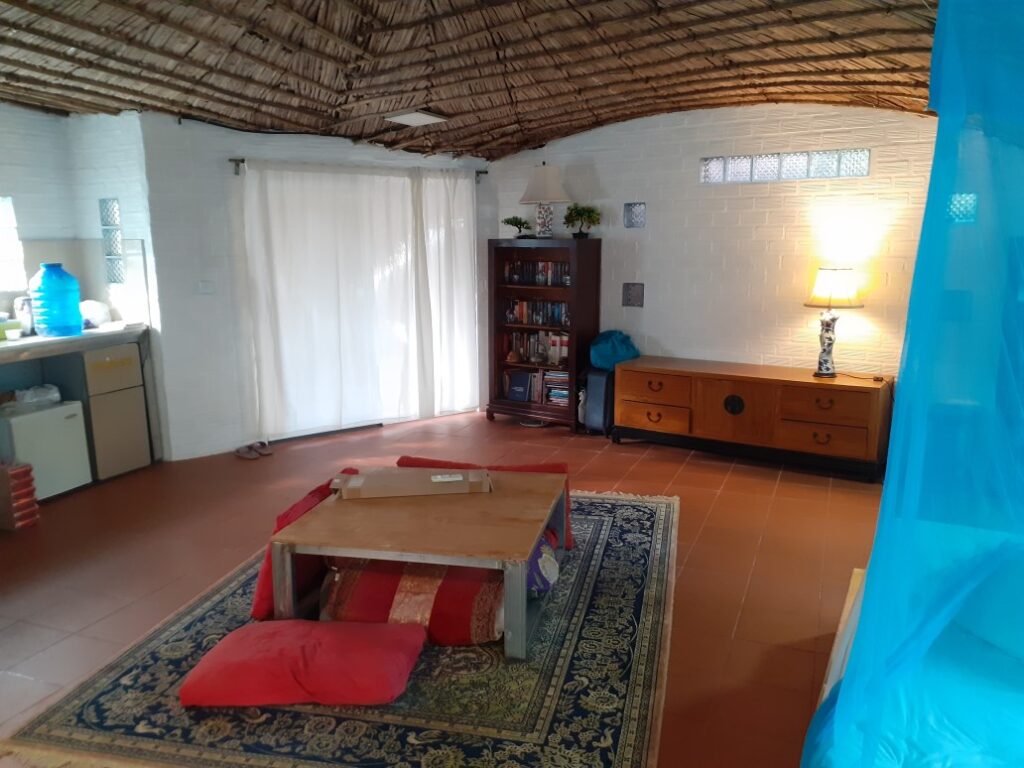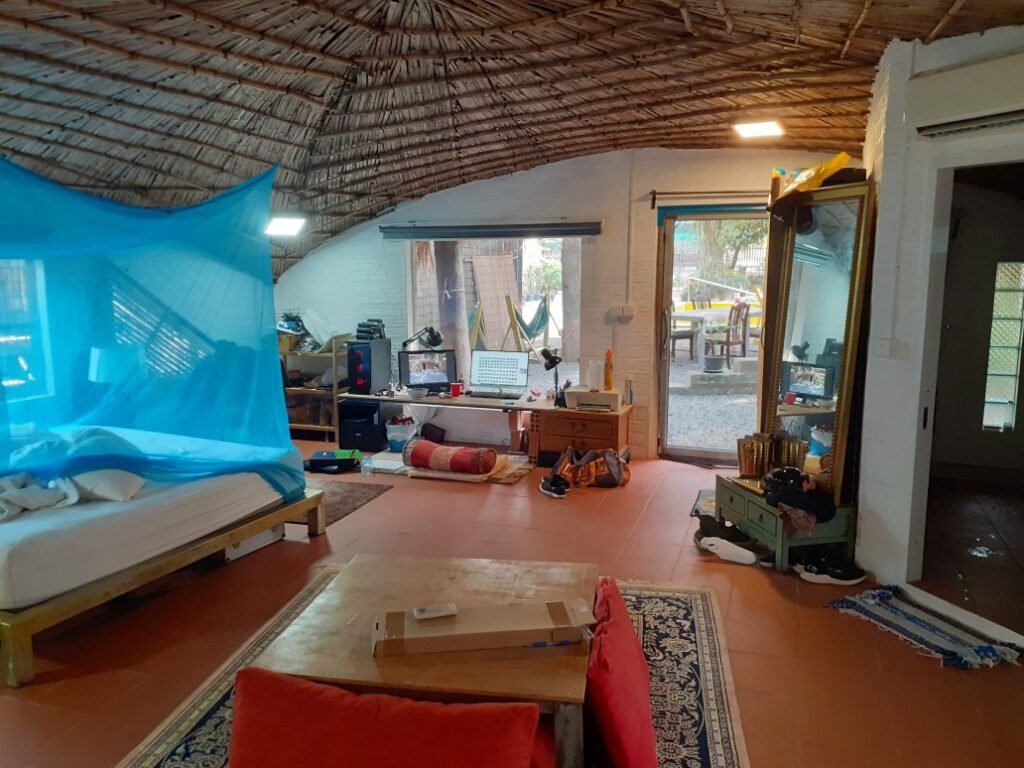Dear investor, dear donor,
like all topics of the Yggdrasil project, this sub-project is non-profit and designed for the benefit of people and the planet.
However, what sets us apart from most other organizations is that we approach problems differently. We want to solve problems efficiently and sustainably. For this it is absolutely necessary that we concentrate on the facts and act professionally.
We don’t care who you are or what your background is. As a rule, we all have our own world view, our own “way of life”.
Let’s forget all that. don’t allow us to be separated and pigeonholed by race, gender, country, or political affiliation. We finally have to understand that the unequal distribution of wealth and our handling of the habitat earth with all its consequences harms ALL of us.
We only want to solve the problem and are not interested in political, religious or ideological orientations.
Only when we understand that our problems are global and can only be solved globally will we be able to make a difference.
Help us help the world!

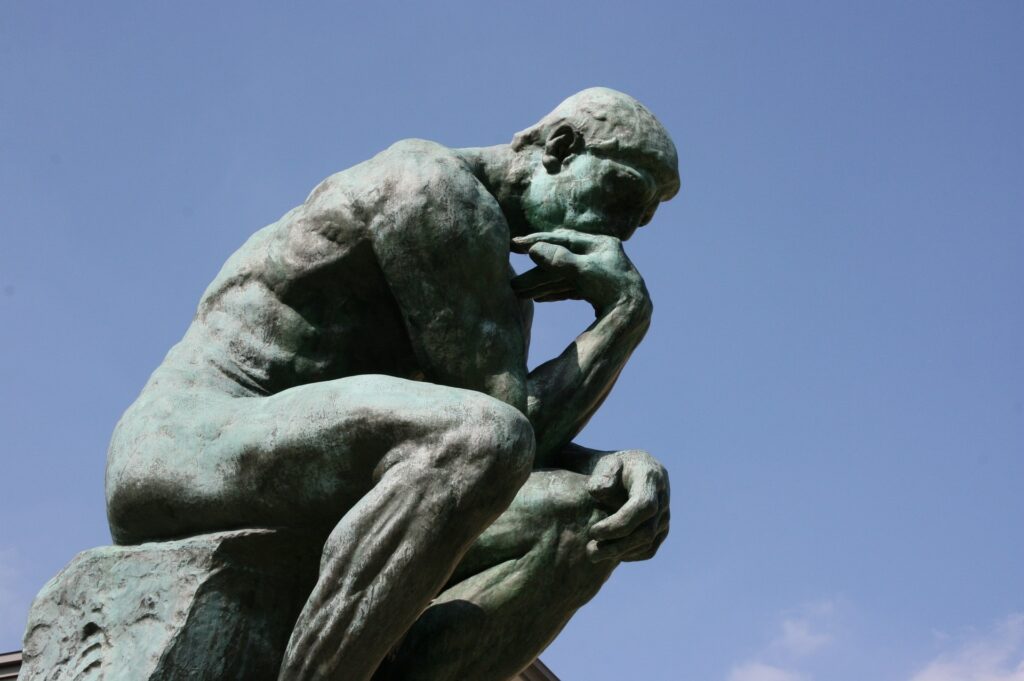
If you have read the script for our Yggdrasil project, you will understand that we approach things factually, analytically and holistically. We are interested in efficiency, sustainability and the utilization of all value chains. We find out why problems arise and what the consequences of actions are. Understanding the “why” gives us the opportunity not only to develop solutions, but also to develop solution concepts that can set entire processes in motion.
It is important to use automatism and natural processes. For example, if we know what makes people tick, we also know what we have to do to bring about a change in behavior. In our case, we know, among other things, that humans work best through their reward system and that punishment and coercion lead to counter-reactions. So we know that changing behavior has to be “worth it” and we have to get people to value the new actions positively for them.
Coercion and punishment lead to rejection and ignorance and mean that it takes even more coercion and control to maintain the desired behavior change. As the unspeakable pandemic and its mask mania have more than clearly confirmed to us.
If we now want to promote a change in behavior in the area of environmental protection, we must first deal with the living conditions of the people. It must be clear that the concept of environmental protection, as it exists in the developed world, is far from universal. Most of the world’s population is busy surviving and has neither the time, nor the means, and very often not the education, to deal seriously with the issue. They’re just too poor for that. Environmental protection is a luxury good for these people!
Once we have recognized that, we must look for ways of making it possible for these people to participate.
Our path to this goes through jobs, wages, training and improving the living situation. But first you have to create the basis, i.e. the industries and products. If these products and the producing units not only strengthen the local markets and economies, but are also alternative products to conventional, energy-intensive products produced from petroleum and other sources with a negative environmental balance, we have already cleared several hurdles. If we can also promote recycling and help to counteract the huge environmental problem in Asia with plastic waste, we are on the home stretch.
There are already many good approaches here in the Third World. Individuals and groups have already courageously and energetically committed themselves to their own small and larger ventures. Unfortunately, there are still far too few to make a difference. We will not be able to start a new industry like this. What is missing is someone who can aggregate the effort and organize it on a larger scale.
For our part, we have focused on Cambodia. Everything I described above can be found here. Poverty, struggle for survival, lack of education and lack of understanding. In contrast to Africa and India, there are hardly any environmental protection projects that deal with the topic holistically. However, Cambodia lies at the center of the Chinese economic project “New Silk Road” and will develop into a “second” domestic market for China in the next 20-30 years. Anyone who knows China’s development over the past twenty years and its catastrophic effects on the environment knows what will happen to us all if unguided and uninformed economic growth sets in here locally. No stone will be left unturned. And things are already looking very bad for the environment here. Everywhere, even in remote areas, garbage and plastic just dumped around. It smells like burnt plastic and sometimes it snows plastic fibers.
If we don’t start doing something now, it will be too late.
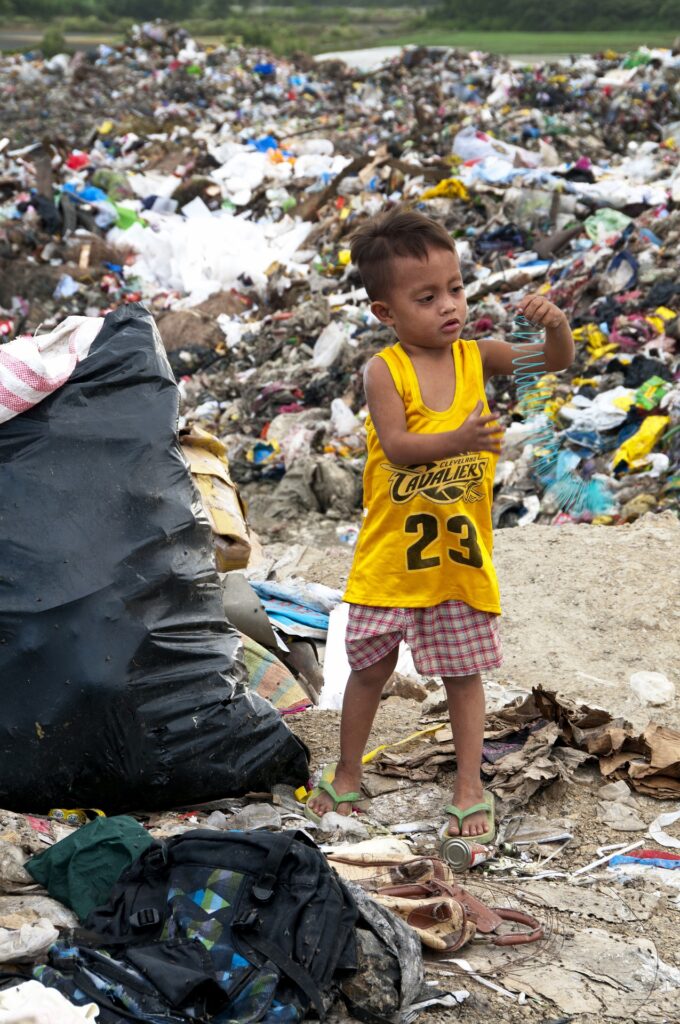
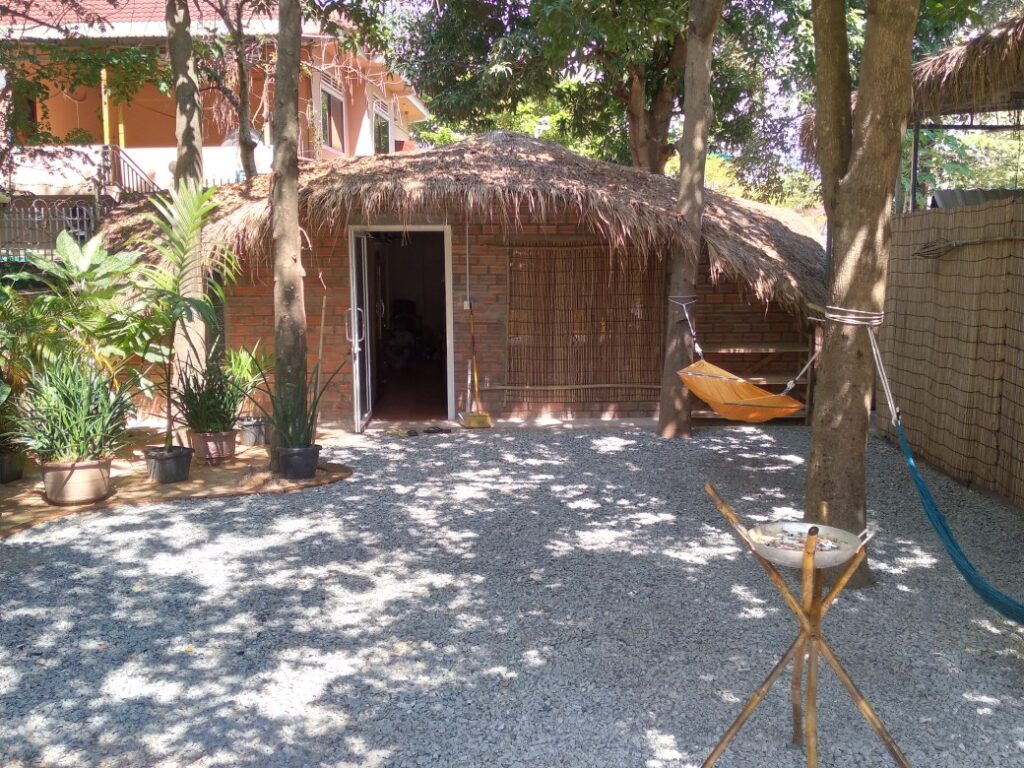
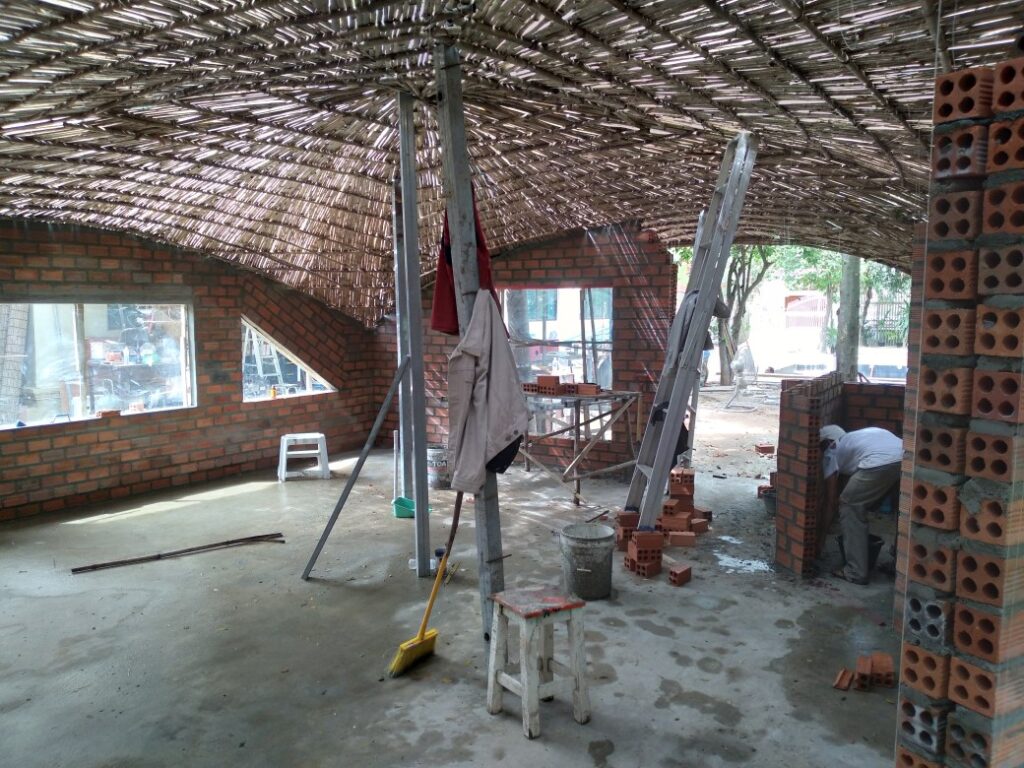
Doing something is not difficult.
The local conditions are actually ideal for environmental protection projects and, in addition to mountains of plastic waste that need to be removed, there are many extremely interesting raw materials on site that are wonderfully suitable for new constructions and materials. There is an enormous need for labor and cheap materials for private and corporate endeavors. The government is, as a rule, very open to projects that create jobs.
What is missing is only the will, the knowledge, the profession and the initiative.
There is no need to reinvent the wheel. The internet is full of great, freely available ideas just begging to be rolled out globally. I will link some videos on this topic below.
Our plan is to create industries dealing with the production and marketing of alternative products for brick, concrete, steel, iron, wood, etc. in the construction industry, and plastic products, synthetic resin, fiberglass, etc. in the manufacturing economy. In energy production, we want to introduce biogas plants, LPG gas production, solar energy and hydrogen production.
The concepts and processes have long been available, are used in the third world (Africa, China, Indonesia, etc.) and can therefore also be implemented here and with “low tech”.
We are also working on new building and construction concepts that combine the new materials with a modern and climate-relevant architecture in order to significantly reduce the use of building materials in general, transport capacities and energy.
If we have aroused your interest, please contact us
